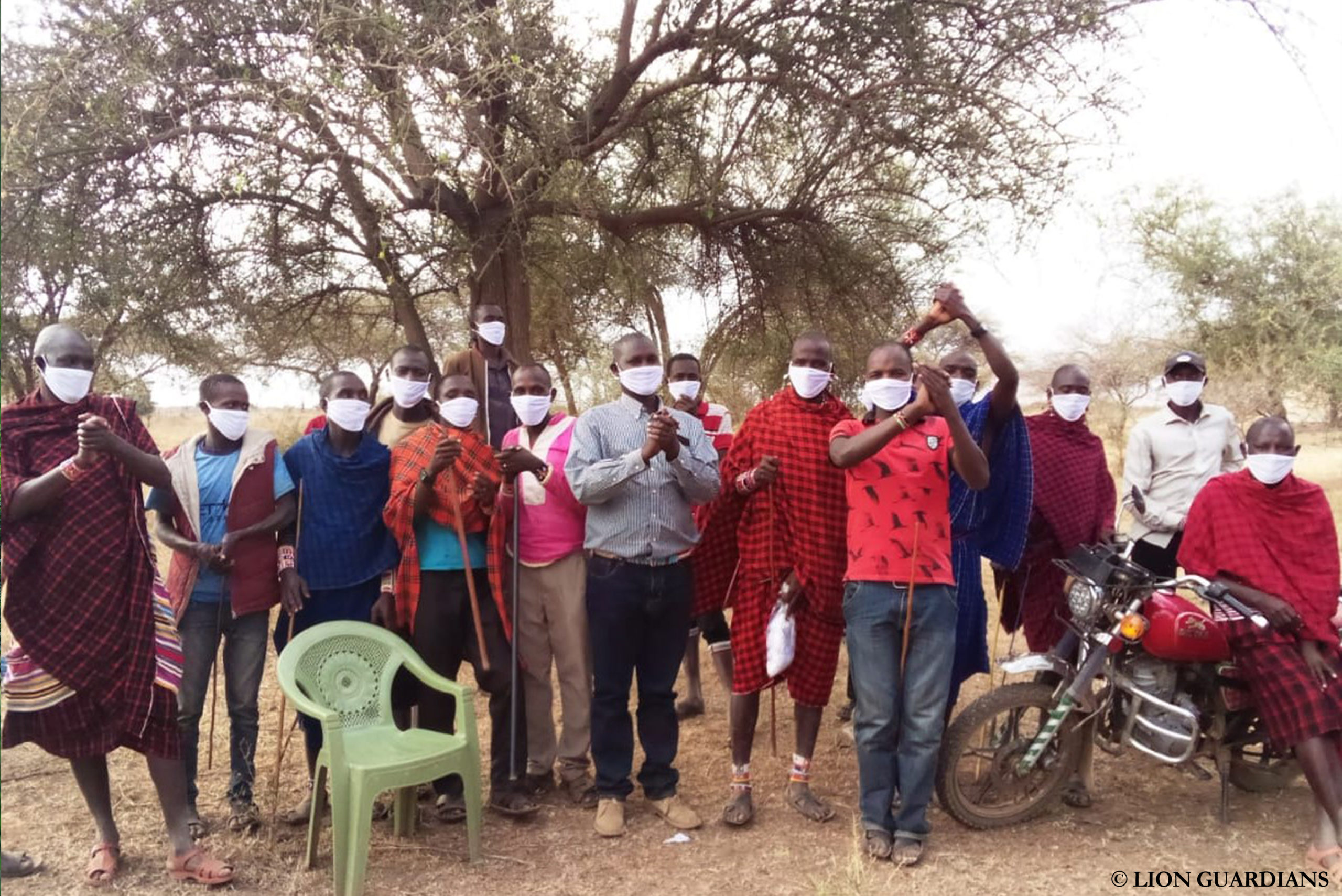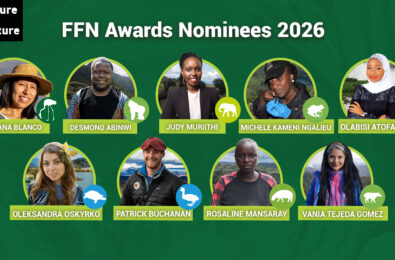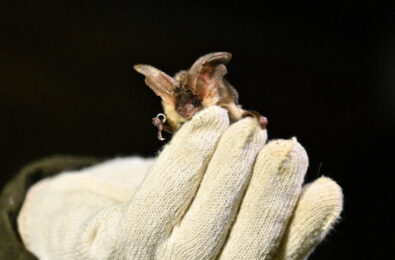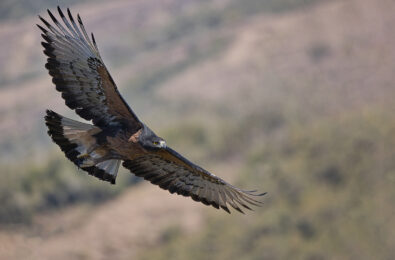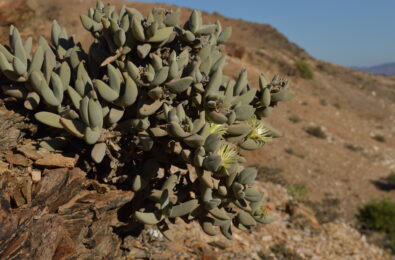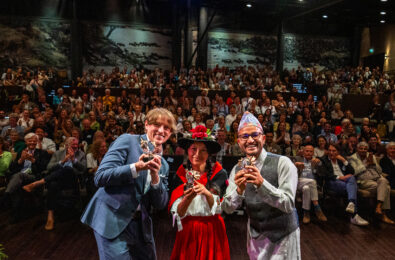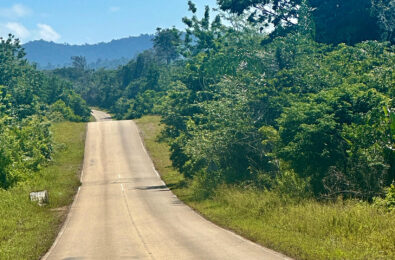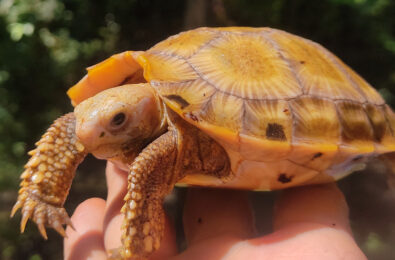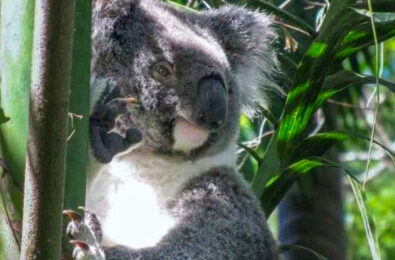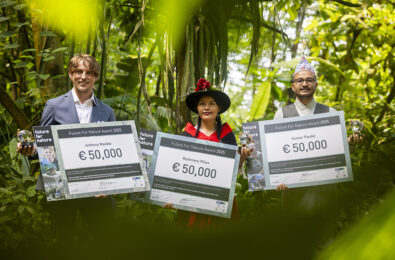Lion Guardians Making Strides
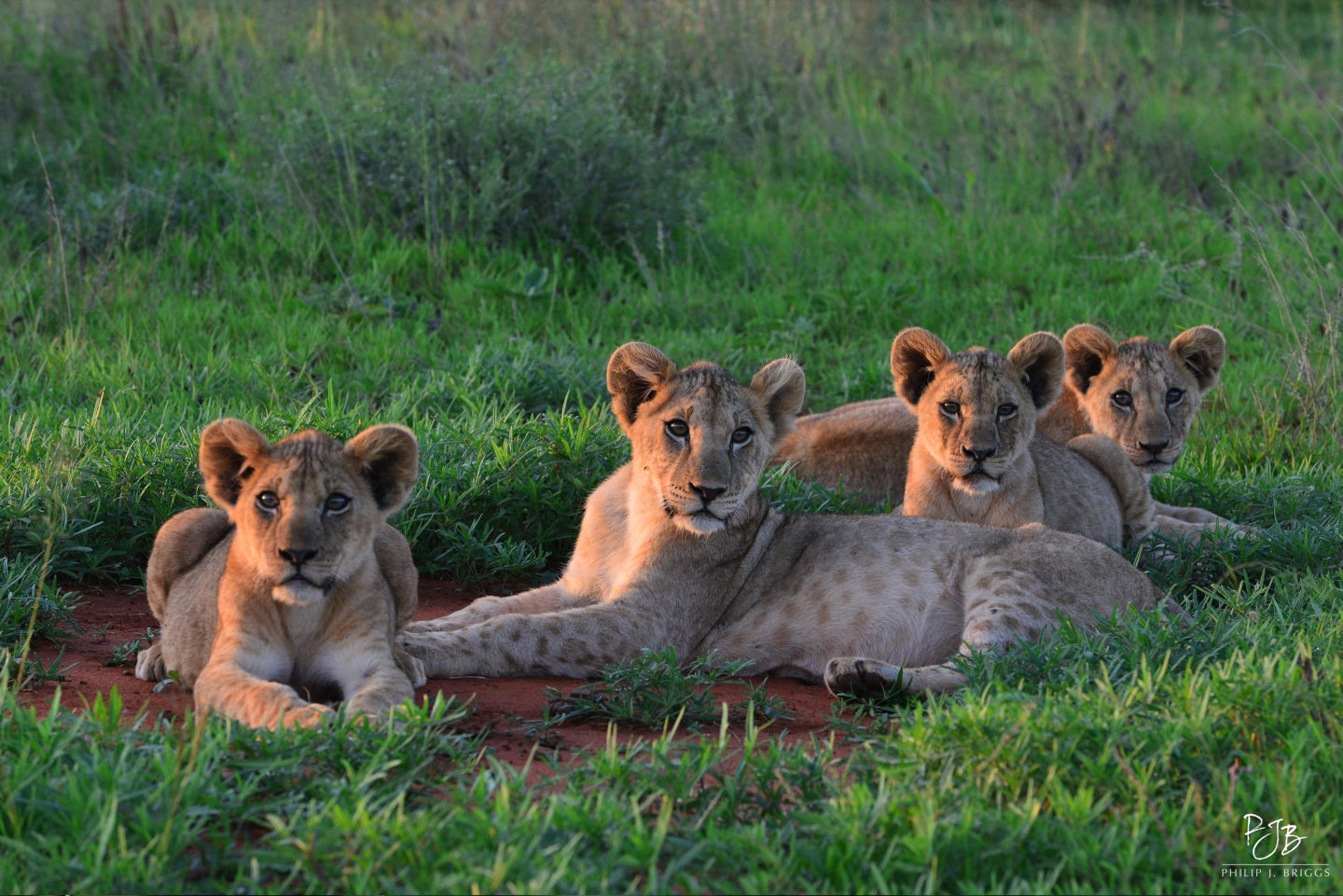
While COVID-19 has the world in its grip, Leela Hazzah (Award winner 2014) and her team at Lion Guardians made the best out of a bad situation. Regardless of all the uncertainty, they took this opportunity to improve their programme and relationships with stakeholders. Despite the odds, 2020 was another great year for conservation in the Amboseli-Tsavo ecosystem.
Alongside their conservation partners, Lion Guardians alongside were able to stop 87% of lion hunts in the Amboseli-Tsavo ecosystem in 2020. There are currently estimated to be almost 250 lions in the area, meaning the population is steadily increasing. Many young Maasai now actually want lions in their ecosystem, showing a big shift from their traditional lion hunts. Lion Guardians’ education initiatives and employment opportunities likely are behind this transformation.
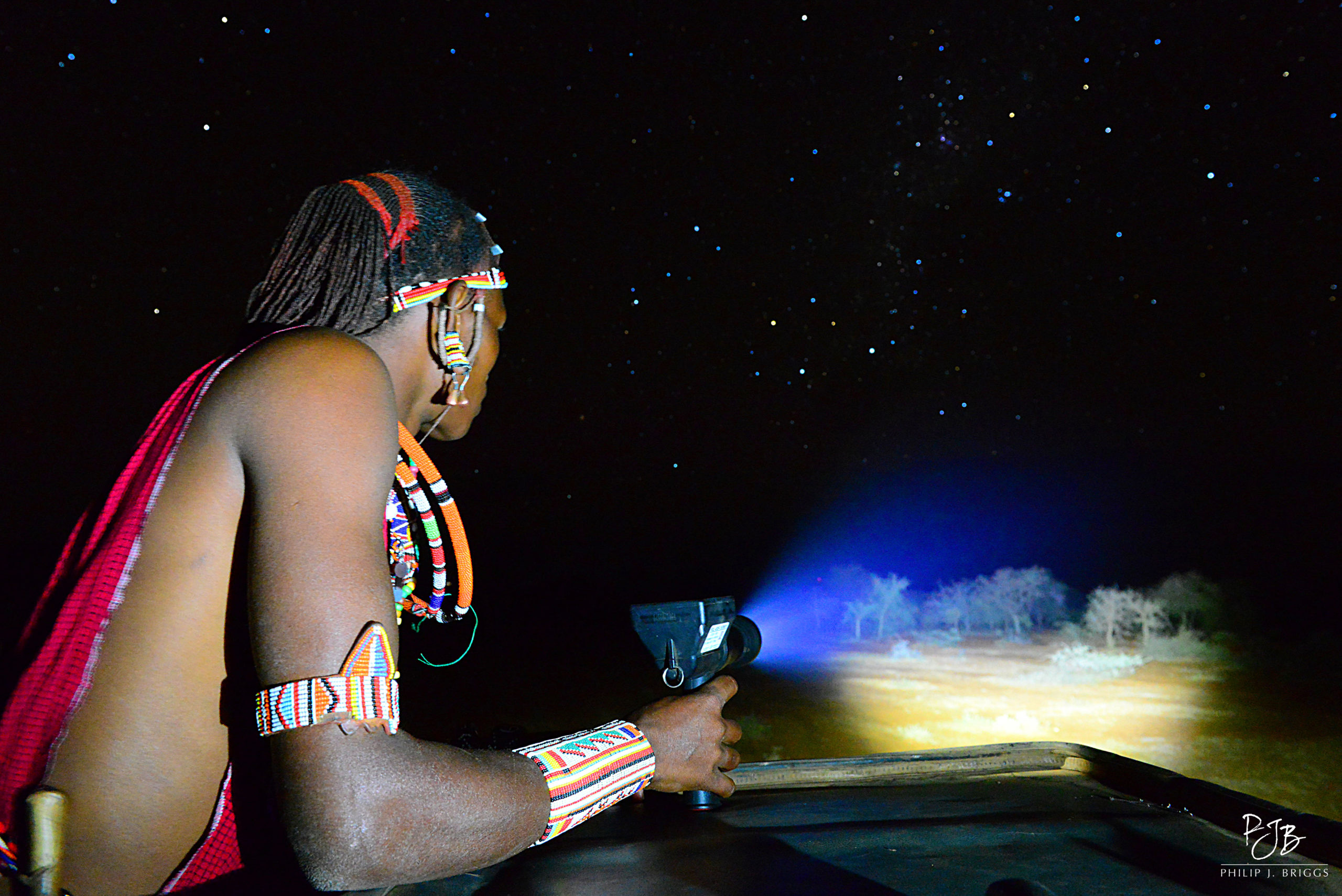
However, with more lions come more attacks on livestock and more conflict between lions and humans. In 2020, Lion Guardians began focusing their efforts on conflict mitigation and implemented new tools to respond to and prevent lion-human conflict. For example, they set up temporary conflict camps to reassure communities and did night patrols to safeguard livestock. They conducted a total of 36 mock hunts to deter lions from attacking livestock and assigned master herders to help communities improve herding practices and protect livestock from future attacks. Lion Guardians is also studying whether they can predict conflicts based on various factors, for example based on school holidays (when young children home from school are sent out to herd livestock) or moon phases (when lions might be more likely to attack).
Beside lion conservation, Lion Guardians also helped communities during the pandemic, strengthening the relationship with neighbouring communities. They distributed more than 7,000 masks and 4,000 bars of soap and supported 450 health workers with equipment.
